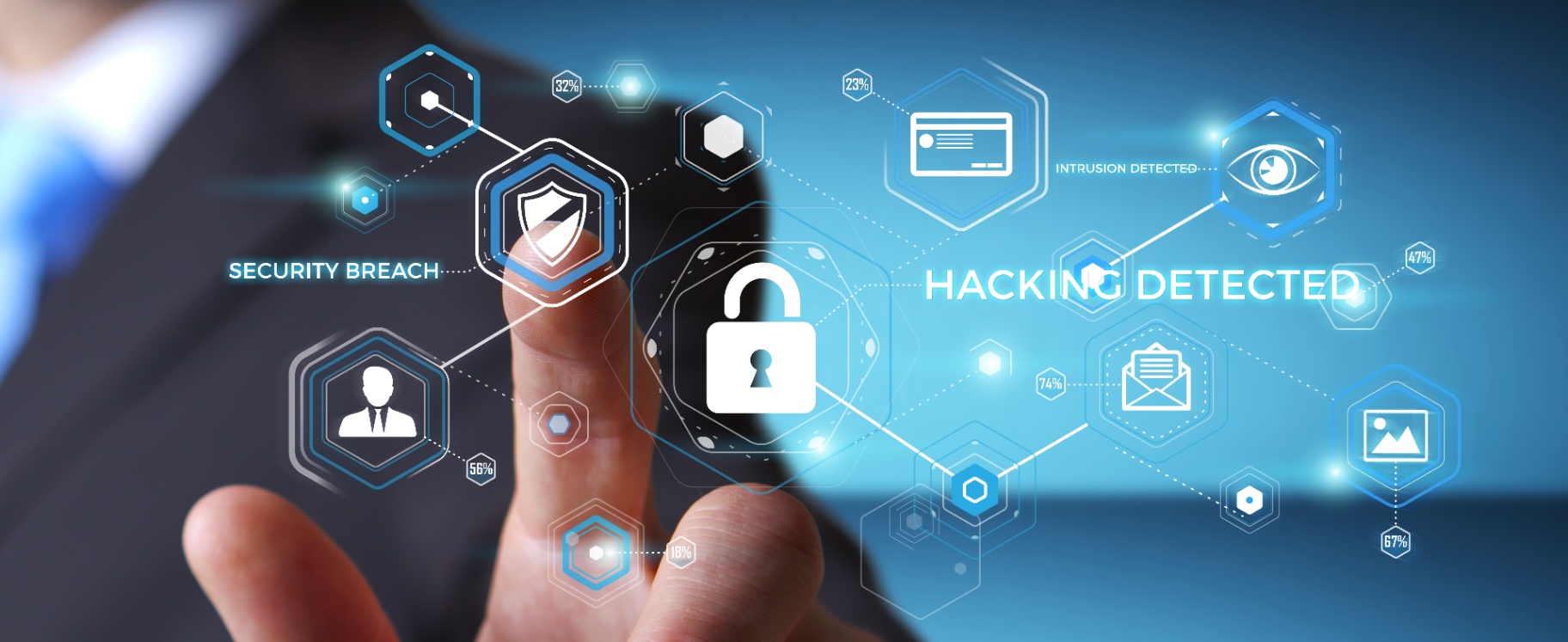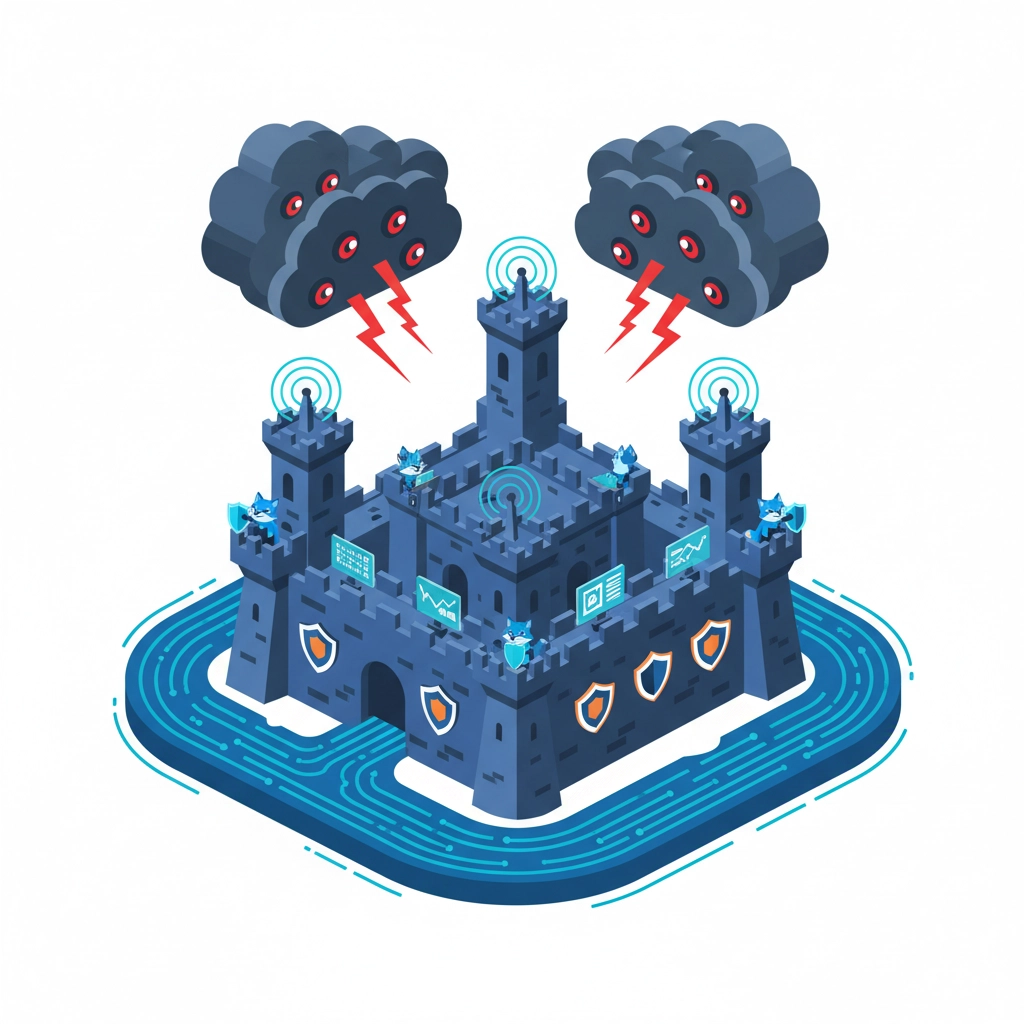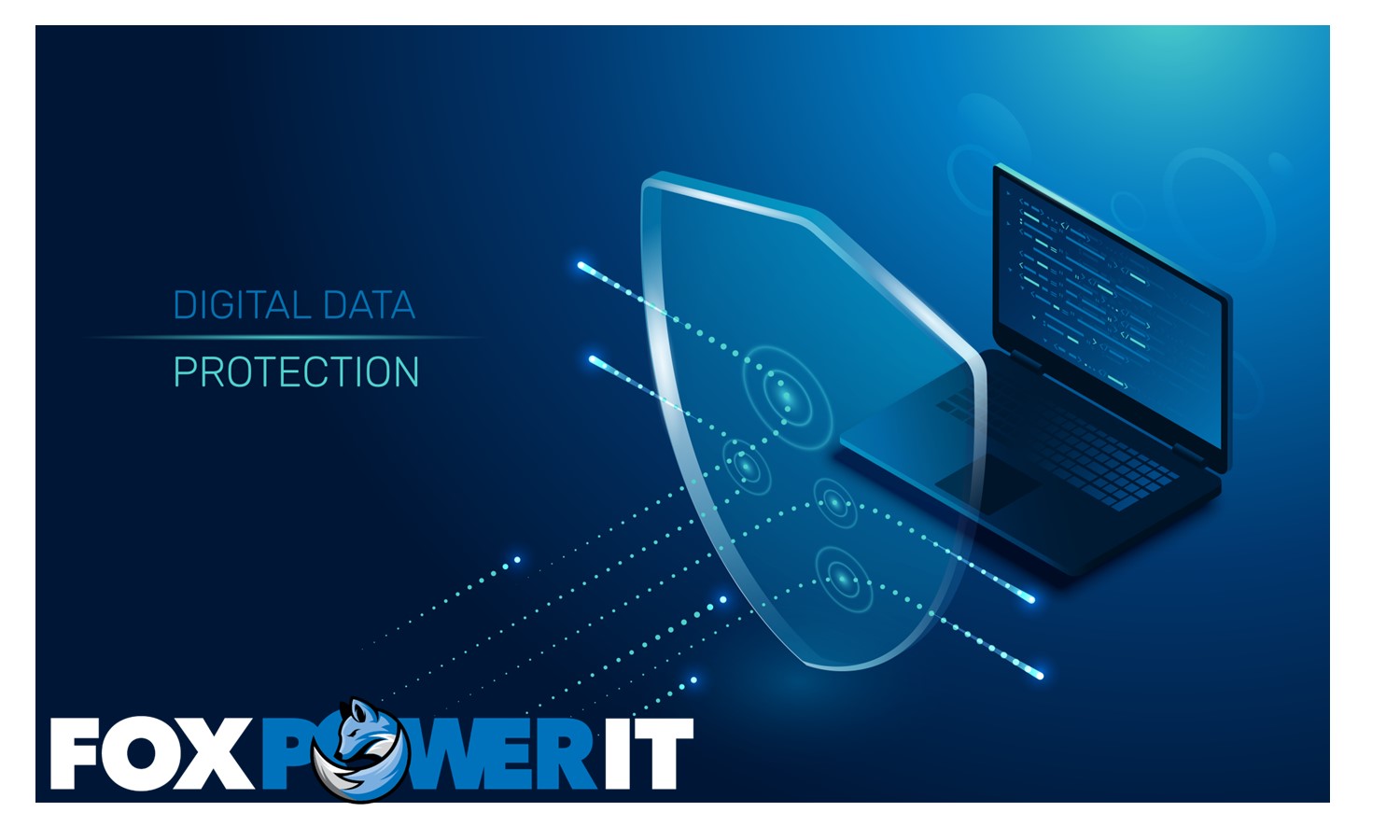You get to the office at 7:30 AM on a Tuesday, fire up your computer, and instead of your desktop, you see a skull and crossbones with a message: "Your files have been encrypted. Pay $84,000 in Bitcoin within 48 hours or lose everything forever."
This nightmare scenario is hitting Connecticut businesses at an alarming rate. Ransomware attacks against small and medium businesses have surged 300% in the past two years, with recovery costs often exceeding $200,000 when factoring in downtime, reputation damage, and lost productivity.
But here's what's really terrifying: these aren't just human hackers anymore. They're AI-powered systems that work 24/7, testing thousands of password combinations per second, automatically probing for unpatched software, and even impersonating CEO voices in phone calls to trick employees.
The game has changed completely. And while most Connecticut businesses are still playing defense with outdated strategies, the smart ones are fighting fire with fire: using Virtual CIO (vCIO) services to build AI-resistant defense systems that leave their competitors vulnerable.

Why Traditional IT Security Is Dead Against AI Threats
AI-driven cyberattacks operate on a completely different level than traditional hacking methods. These sophisticated systems don't take breaks, don't get tired, and don't make human errors. They systematically scan business networks at 3 AM, adapt in real-time to overcome security measures, and excel at finding single points of failure faster than any human security team can respond.
The challenge for Connecticut SMBs is that AI adversaries are incredibly good at exploiting the "set it and forget it" mentality that worked a decade ago. That antivirus software you installed in 2019? An AI system can find ways around it in minutes. The password policy you implemented last year? AI can crack most "secure" passwords in hours, not months.
Most devastating of all, AI-powered attacks target the human element. They study your employees' social media profiles, craft personalized phishing emails that reference local Connecticut events, and even clone voices from company videos to authorize fake wire transfers.
This is why Connecticut businesses using traditional IT approaches are sitting ducks: they're bringing knives to a gunfight.
The vCIO Advantage: Strategic Defense in the AI Era
Virtual CIO services represent a fundamental shift from reactive IT support to proactive cybersecurity leadership. Instead of waiting for problems to happen, vCIOs architect comprehensive defense systems designed to withstand AI-driven attacks.
Defense in Depth Strategy
The core principle behind effective vCIO services is "defense in depth": multiple layers of security that force AI attackers to overcome several independent challenges. Think of it like medieval castle design: walls, moats, drawbridges, and guard towers that each serve a specific defensive purpose.
Here's how this works in practice:
- Vulnerability scanning identifies potential weaknesses before AI systems can exploit them
- Network monitoring catches attacks during active infiltration attempts
- Advanced firewalls block suspicious traffic patterns that indicate AI probing
- Comprehensive backup systems ensure rapid recovery even if attacks succeed
The critical difference is that vCIOs understand how these systems work together synergistically, creating detection and response capabilities that operate across the entire attack lifecycle.

24/7 Proactive Monitoring
AI-driven attacks don't follow business hours: they probe networks continuously, looking for moments when human attention is lowest. vCIO services provide round-the-clock monitoring that matches the persistence of AI adversaries.
When an AI system starts testing login credentials at 2 AM on a Sunday, sophisticated detection systems immediately identify the unusual activity and respond with automated countermeasures. This continuous protection means Connecticut businesses never have undefended moments that AI systems love to exploit.
Strategic Business Alignment
Unlike traditional IT support that focuses on fixing broken things, vCIO services align cybersecurity investments with broader business objectives. This means security measures enhance rather than hinder business growth, providing protected competitive advantages that less sophisticated competitors cannot match.
For example, a manufacturing company in Hartford might use vCIO guidance to implement secure remote access systems that enable flexible work arrangements while maintaining strict security protocols: giving them hiring advantages over competitors stuck with outdated "office only" policies due to security concerns.
Real-World Implementation: What Smart Connecticut Companies Are Doing
Multi-Factor Authentication Everywhere
Connecticut businesses working with vCIOs are implementing comprehensive multi-factor authentication (MFA) across all systems, not just email. This means even if AI systems crack passwords, they still can't access critical business applications without physical authentication devices.
Employee Training That Actually Works
Instead of generic "don't click suspicious links" training, vCIOs design targeted education programs that help Connecticut employees recognize AI-generated phishing attempts specific to local contexts. Employees learn to spot fake emails referencing Connecticut business networks, local events, or regional terminology that AI systems often get slightly wrong.
Automated Incident Response
When AI attacks do penetrate initial defenses, vCIO-managed systems automatically isolate infected machines, preserve evidence, and begin recovery procedures: often before human administrators even know an attack occurred.

The Competitive Reality: Why Timing Matters Now
Connecticut businesses that implement comprehensive vCIO services today are building sustainable competitive advantages that compound over time. Here's why:
Cost Advantage: While competitors deal with recovery costs averaging $200,000 per incident, protected businesses avoid these devastating financial impacts entirely.
Operational Continuity: AI-driven attacks specifically target business disruption. Companies with robust vCIO protection maintain operations while competitors deal with days or weeks of downtime.
Customer Trust: Connecticut businesses that can demonstrate sophisticated cybersecurity measures win more contracts, especially from clients who've experienced or witnessed ransomware attacks.
Insurance Benefits: Many cyber insurance providers offer significant premium reductions for businesses with documented vCIO-managed security programs.
The window for gaining these advantages is closing rapidly. As AI-driven attacks become more sophisticated and common, the businesses without comprehensive protection will find themselves increasingly isolated: unable to compete for contracts that require robust cybersecurity, facing higher insurance costs, and constantly vulnerable to devastating attacks.

Taking Action: Your Next Steps
The reality facing Connecticut businesses is stark: AI-driven threats are already here, already targeting local companies, and already causing massive financial damage. The question isn't whether your business will face these attacks: it's whether you'll be ready when they happen.
If you're currently relying on basic antivirus software and hoping for the best, you're essentially playing cybersecurity roulette. Every day you wait to implement comprehensive vCIO protection is another day your competitors gain advantages while you remain vulnerable.
The smart move is to conduct a comprehensive security assessment that identifies your current vulnerabilities and develops a strategic plan for AI-resistant defense systems. This isn't about spending more money on technology: it's about spending money on the right technology, configured correctly, and monitored continuously.
Your competitors who are already working with virtual CIO services have a head start, but the gap isn't insurmountable yet. The businesses that will dominate Connecticut markets in the coming years will be those that can operate confidently in an AI-driven threat landscape while their competitors struggle with constant security concerns.
The choice is simple: evolve your cybersecurity strategy to match AI-driven threats, or watch your competitors pull ahead while you deal with the consequences of outdated protection.
The bottom line: In the AI versus AI cybersecurity battle, having sophisticated virtual CIO services isn't just about preventing attacks; it's about building the foundation for long-term competitive success in an increasingly dangerous digital landscape.

